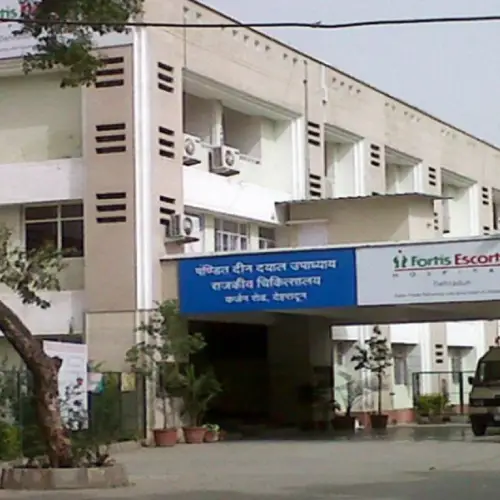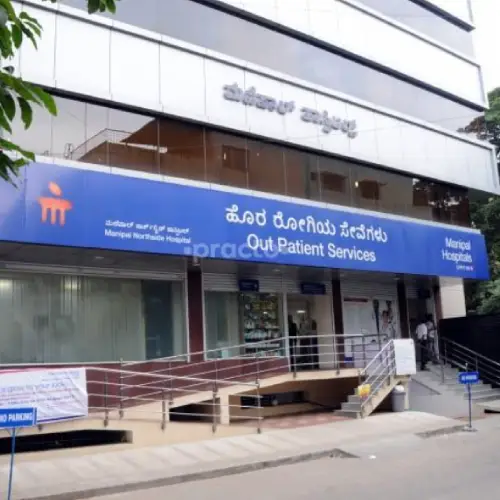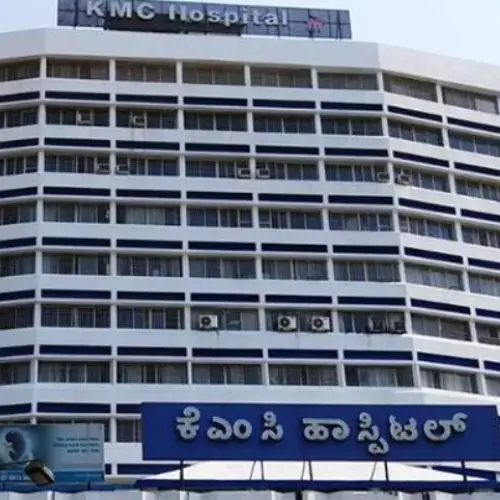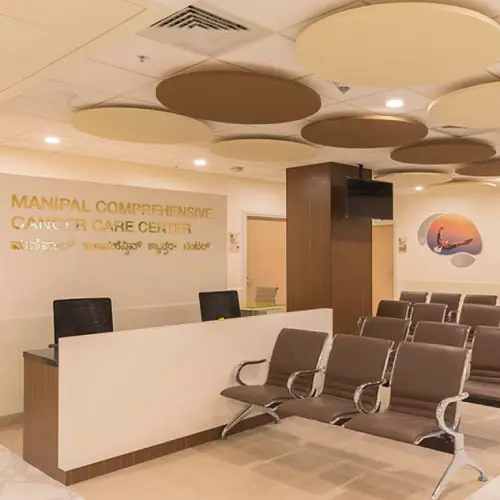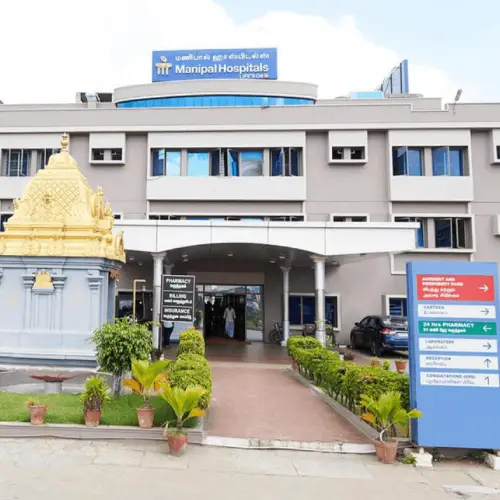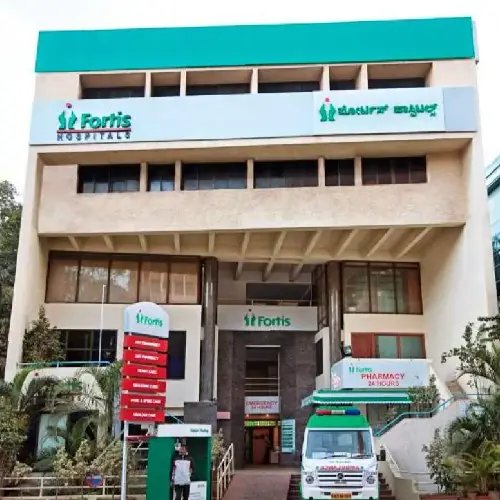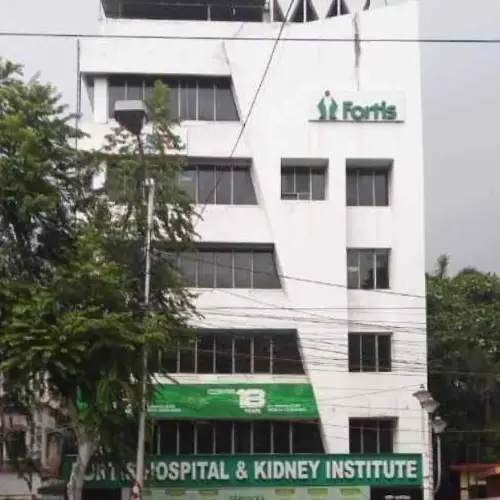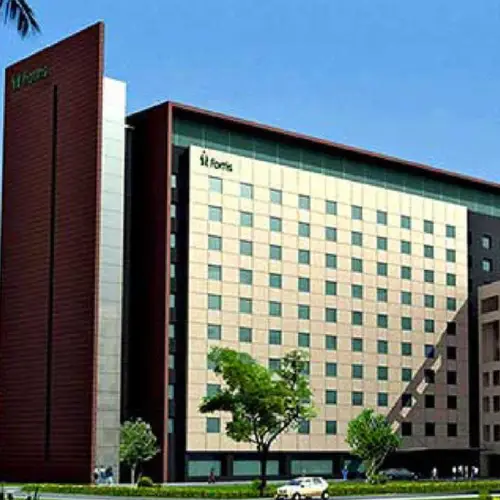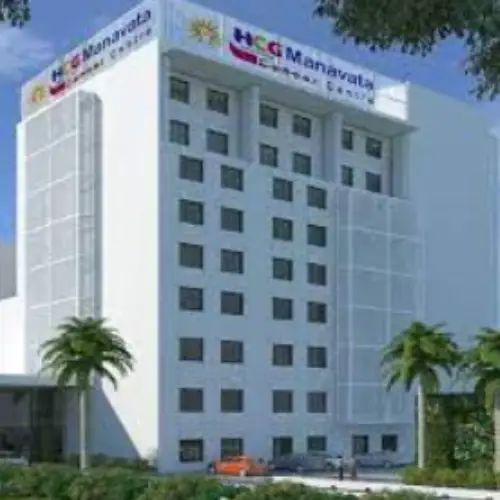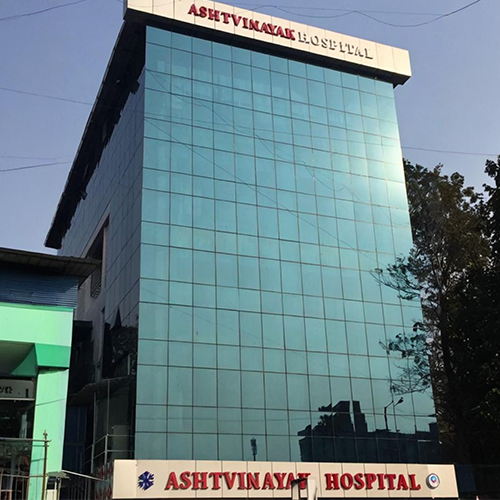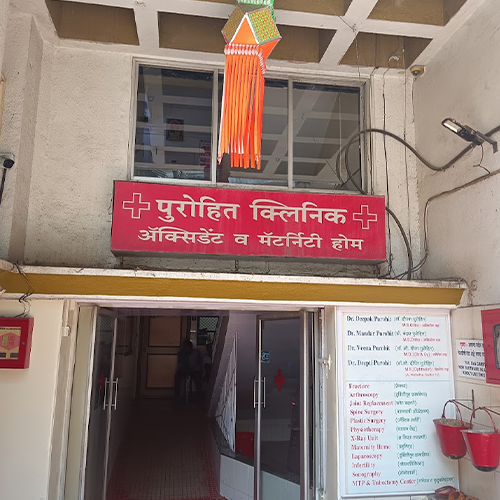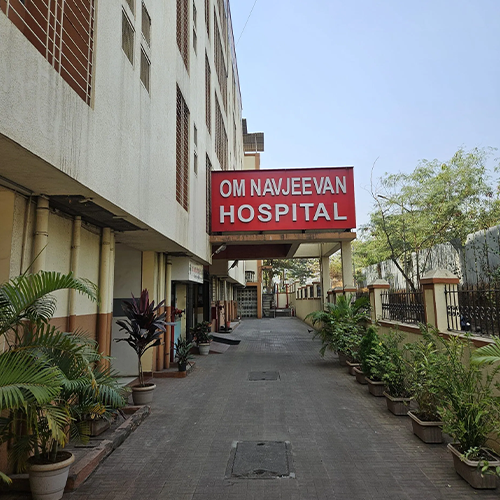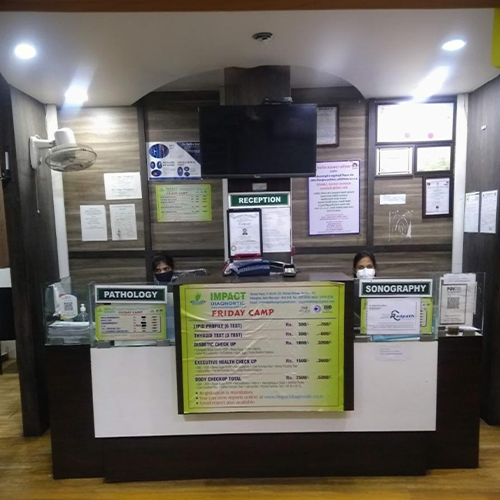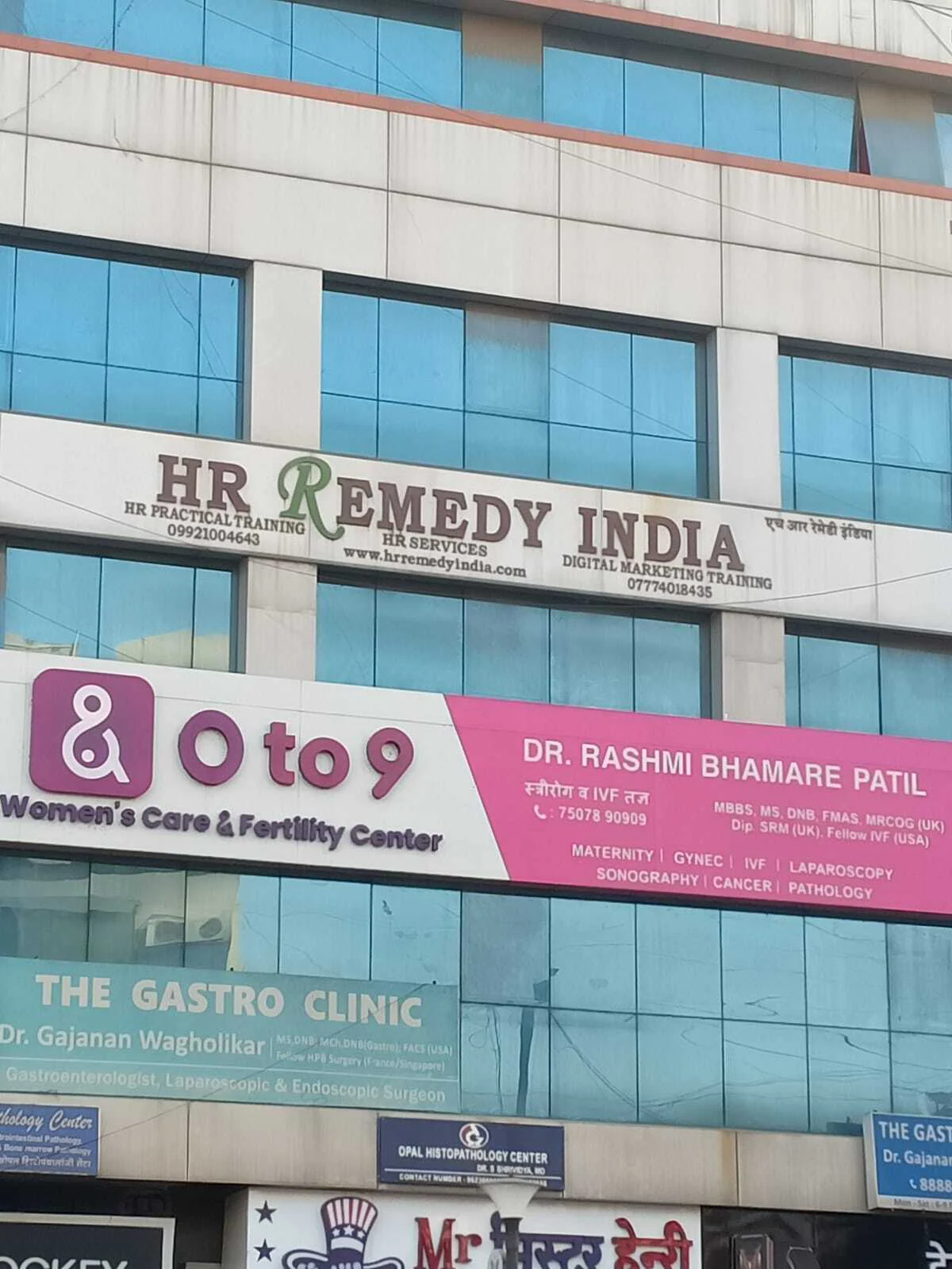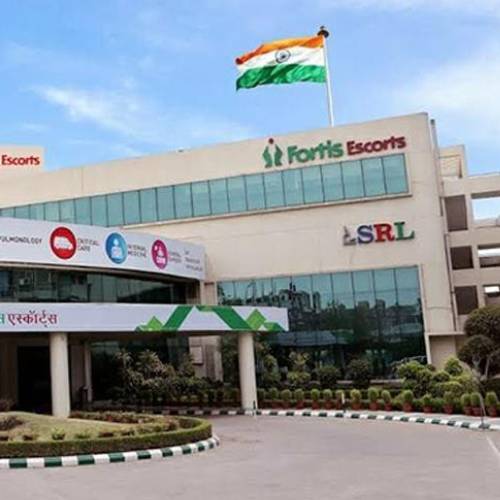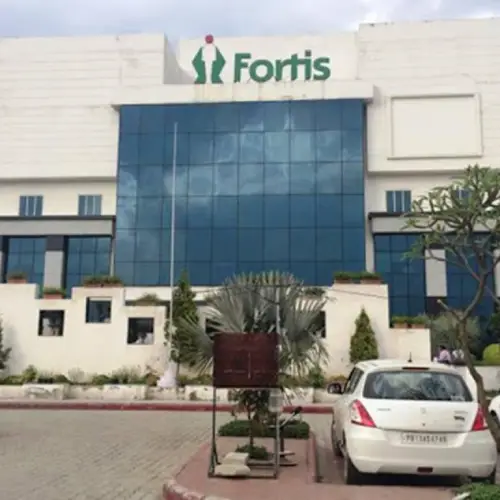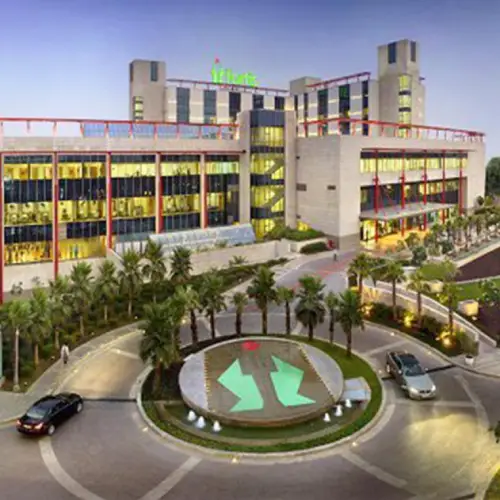Bladder Cancer
The bladder, a muscular, balloon-shaped organ located in the pelvic region, plays a pivotal role in holding urine until its expulsion through the urethra. The growth of malignant tumors within the bladder’s tissues is recognized as bladder cancer. The most prevalent form originates in the inner lining cells of the bladder (transitional cell carcinoma), while other forms encompass squamous cell carcinoma and adenocarcinoma.
In India, bladder cancer treatment boasts exceptional quality, affordability, and favorable outcomes. Emerging as a favored medical tourism destination, India attracts global patients seeking the expertise of internationally acclaimed doctors within its highly accredited medical facilities. Additionally, the accessibility of bladder cancer treatment in India is both fair and cost-effective, varying based on approach and factors such as hospital choice, specialist involvement, and medical proficiency.
Symptoms of Bladder Cancer
Notably, hematuria (blood in urine) is the foremost symptom, often the initial indicator of malignancy. Typically painless, it might tint the urine in shades of pale pink, brown, or crimson. Although at times not visibly evident, a urine test (urinalysis) could reveal minuscule blood presence. Urinary pattern alterations, such as frequent urination, burning sensations, and urgency even when the bladder isn’t full, are early-stage symptoms that may overlap with other conditions. For advanced stages, symptoms could entail pelvic discomfort, urinary difficulties, swelling in extremities, bone pain, and unintentional weight loss.
Bladder Cancer Risk Factors
Multiple factors elevate the risk of developing bladder cancer:
Age: Risk rises with age, with roughly 90% of cases affecting individuals over 55.
Smoking: A significant risk factor, smokers are fourfold more likely to develop bladder cancer than non-smokers.
Gender: Men face a three to fourfold higher risk than women.
Water Contamination: Drinking water with arsenic correlates with elevated bladder cancer risk.
Chemical Exposure: Specific industrial chemicals, as well as naturally occurring compounds, have been linked to increased risk.
Family History: Family members with bladder cancer increase individual risk.
Genetic Changes: Alterations in genes such as GST and NAT, involved in toxin breakdown, heighten risk.
Chronic Infections and Conditions: Long-term urinary tract infections, bladder or kidney stones, and catheter use are associated with increased risk.
Treatment Effects: Long-term chemotherapy and radiation treatment impact risk.
Parasitic Infection: Schistosomiasis, caused by a parasitic worm, is a risk factor in certain regions.
Bladder Cancer Treatment Cost in India
- Chemotherapy: Starting at USD 270 per session (Approx. INR 19,000)
- Surgery: Starting at USD 2700 (Approx. INR 1,90,000)
- Radiation Therapy: Starting at USD 3,100 (Approx. INR 2,20,000)
- Trans-Urethral Bladder Tumour Resection (TURBT): Starting at USD 3,600 (Approx. INR 2,50,000)
Diagnosis of Bladder Cancer
Diagnostic assessments include urinalysis to detect chemicals like blood, urine cytology to examine cells, and biopsy (TURBT) for abnormalities. Imaging scans (IVP, CT, ultrasound, MRI, bone scan) offer clearer images.
Bladder Cancer Treatment Options in India
Surgical options like TURBT, cystectomy, and urinary diversion are available. Chemotherapy, systemic or intravesical, halts cancer cell growth. Radiation therapy, external or internal (brachytherapy), destroys cancer cells using high-energy x-rays. Biological therapy, or immunotherapy, bolsters the immune system.
In India, numerous treatment options cater to diverse stages and preferences, promising comprehensive care and remarkable results.
Best Hospitals for Orthopaedic Surgical Oncology in India
Fill this form to get a free quote from best hospitals in India.


At MediTours India, we stand as a distinguished leader in the realm of medical tourism, dedicated to transforming your healthcare journey into a seamless and transformative experience. With a commitment to excellence and a focus on your well-being, we pave the way for a new era of medical travel.
Contact Us
Address : C603 Jalaram Park LBS Road. Bhandup West Mumbai -400078 Phone : +91 9820344697 Email : ajit@meditoursindia.in
Copyright by indiameditours 2023. All rights reserved.
